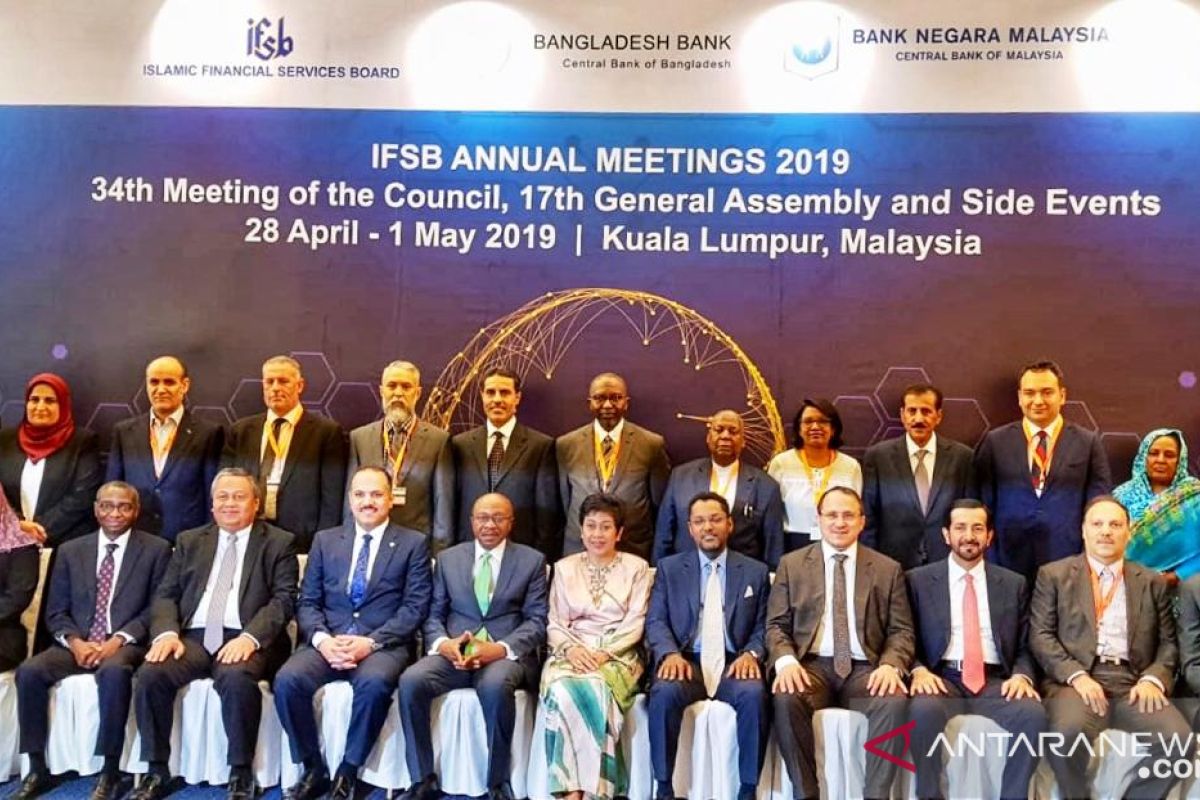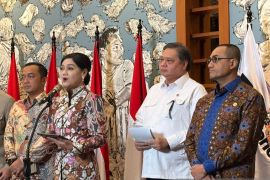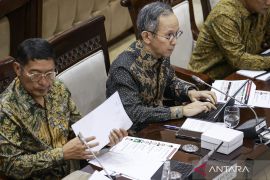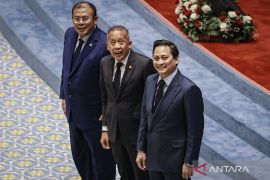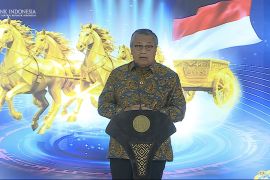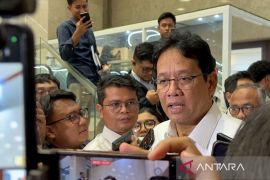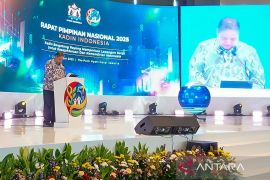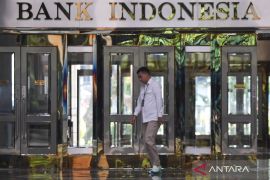The effort was aimed at strengthening the resilience of Islamic finance, as well as creating infrastructure in the form of regulatory guidelines and standards equivalent to the conventional financial industry, according to a statement from Bank Indonesia here Thursday.
These aspects were raised at the 34th Meeting of the Council – IFSB, in Kuala Lumpur, Malaysia, on 29th April 2019.
Bank Indonesia’s active contribution to the international forum represents part of Bank Indonesia’s policy mix and tangible backing for the manifestation of Indonesia as a global center of the Islamic Economy and Finance.
The meeting was attended by council members of the IFSB, consisting of central bank governors from Malaysia, the United Arab Emirates, Kuwait, Pakistan, Nigeria and Oman, as well as leaders from other financial supervisory authorities, including Indonesia, Brunei Darussalam, Egypt, Turkey and Saudi Arabia.
Bank Indonesia is the current chair of the Executive Committee of the IFSB, which is mandated with providing recommendations to the Council concerning the formulation of the strategic framework and aspects of the IFSB governance.
The Executive Committee of the IFSB was established pursuant to the Decree of the 33rd Council Meeting in Jeddah held in December 2018, which aims to hone strategies, while strengthening the organization and aspects of governance as an international standard-setting forum that plays a critical role in the development of the global Islamic financial industry.
The IFSB was established on 3rd November 2002 as an international standard-setting body that aims to create and maintain international Islamic financial industry resilience and stability from a microprudential and macroprudential perspective.
Bank Indonesia is the founding father of the institution and, as such, is avowedly committed to supporting global and domestic Islamic financial development.
Thus far, the IFSB has issued 22 international standards for the Islamic financial industry, encompassing the Islamic banking industry, capital market and insurance industry (takaful).
Under the auspices of the IFSB, Bank Indonesia is actively compiling other guidelines, namely Islamic financial inclusion, the integration of social and commercial finance in particular, and its role in terms of supporting inclusive growth.
Other standards include the sharia-compliant lender of last resort (LOLR) mechanism, which involves coordination with several other relevant authorities.
Moving forward, the central bank will also continue to support research efforts and formulate standards for the Islamic financial industry in order to strengthen the stability of the financial system.
Reporter: Azis Kurmala
Editor: Bambang Purwanto
Copyright © ANTARA 2019
